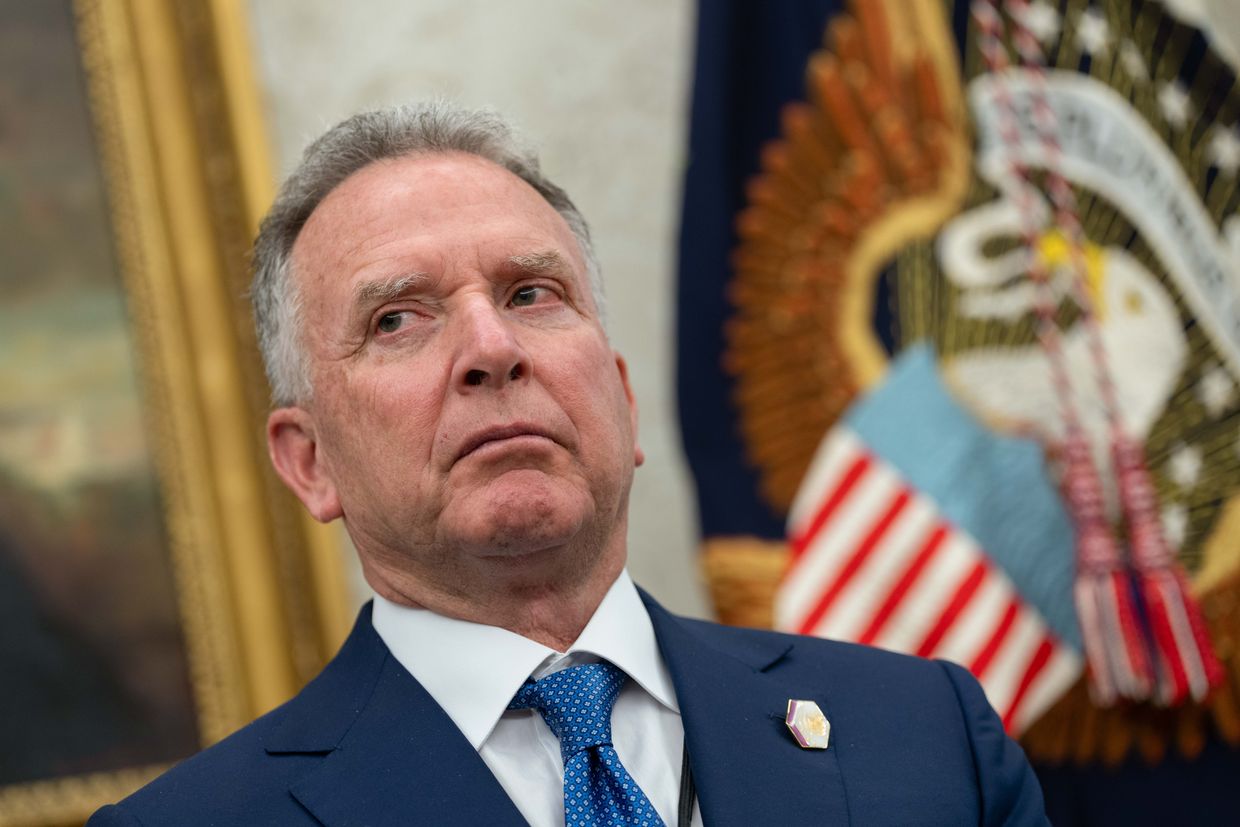Russia uses propaganda narratives to undermine peace talks, shift blame to Ukraine, ISW says

Russian officials are amplifying claims of Ukrainian attacks on Russian territory to justify rejecting peace negotiations and continuing the war, the Institute for the Study of War (ISW) reported on March 21.
The institute notes that Kremlin spokesperson Dmitry Peskov used Ukraine’s denial of involvement in the Sudzha gas distribution station fire to cast doubt on Kyiv’s credibility. Meanwhile, Russian Foreign Ministry spokesperson Maria Zakharova accused Ukraine of violating a yet-to-be-finalized moratorium on energy infrastructure strikes and suggested the U.S. is responsible for controlling Ukraine’s actions.
The Kremlin has revived familiar narratives portraying Ukraine as the aggressor and acting under Western influence.
Russian authorities have also accused Ukrainian forces of targeting Russian nuclear power plants and committing war crimes against Russian civilians. On March 21, Russia’s Investigative Committee released a summary of ongoing investigations into alleged Ukrainian strikes on the Kursk Nuclear Power Plant and civilians in the region. These claims align with previous Kremlin efforts to discredit Ukraine and weaken Western support.
Russian officials have consistently used such accusations to deflect attention from Moscow’s own actions. Russian forces have committed numerous war crimes in Ukraine and have militarized the occupied Zaporizhzhia Nuclear Power Plant, endangering its safety. On Feb. 14, a Russian Shahed drone struck the containment structure of Chornobyl’s Reactor No. 4, raising further concerns about Moscow’s disregard for nuclear security.
The Kremlin’s latest accusations come amid discussions between Ukraine and the U.S. regarding energy infrastructure, including the Russian-occupied power plant. Moscow may seek to exploit these narratives to disrupt or delay those talks.
The pattern of blaming Ukraine for endangering nuclear facilities could serve as a tactic to justify further escalation and pressure Western leaders.
By continuing to frame Ukraine as a reckless aggressor, the Kremlin aims to reinforce domestic support for the war and shift international attention away from its own military actions. This strategy, repeated during the all-out war, seeks to erode global backing for Kyiv while maintaining control over the Russian public’s perception of the war, ISW says.












